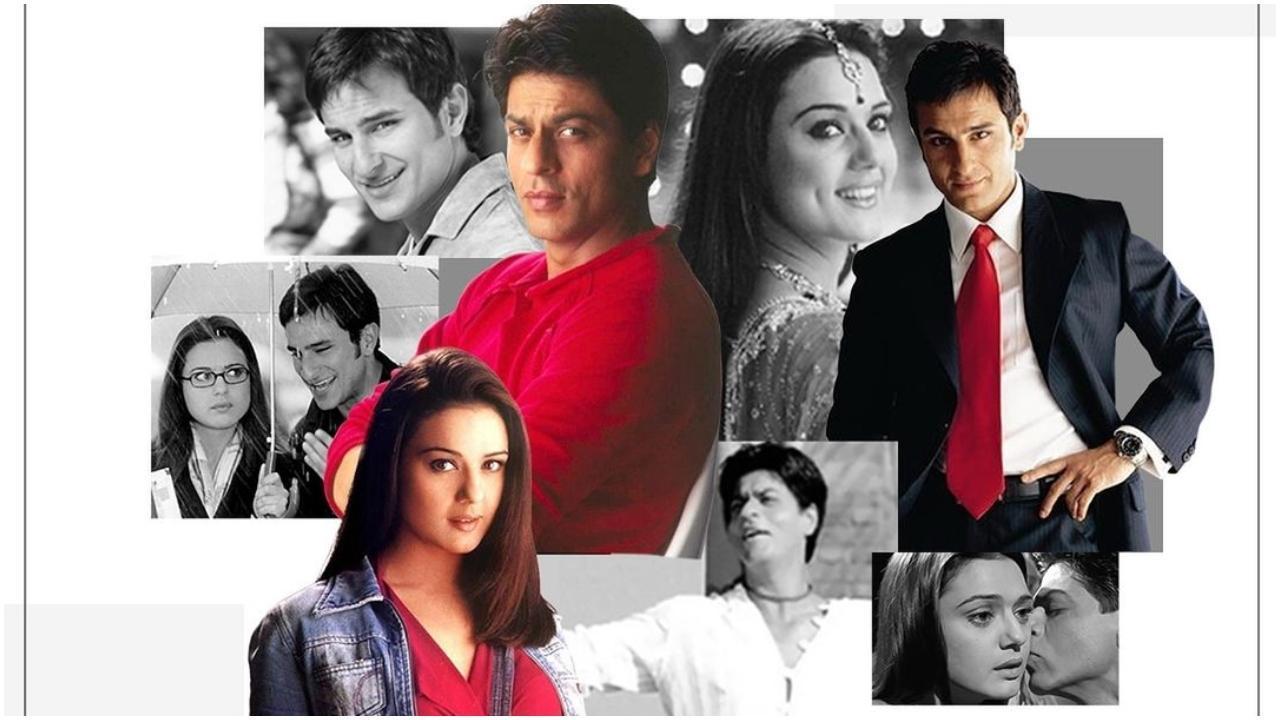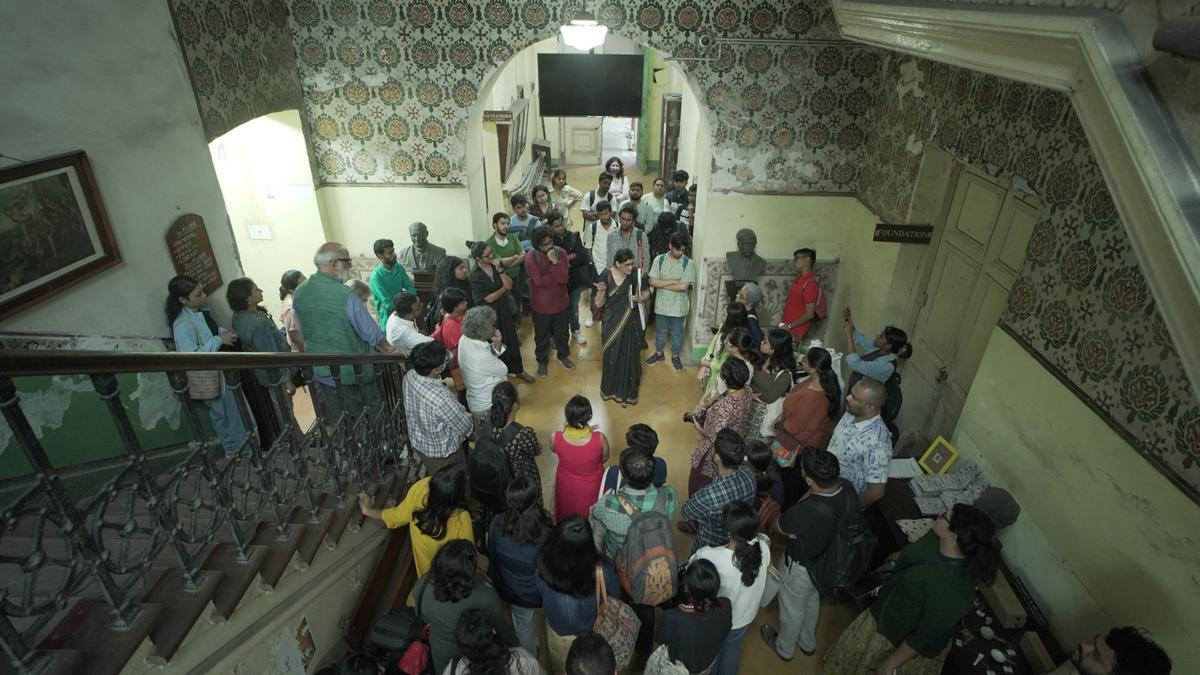
The entertainment community mourns the loss of a true pioneer, Louis Gossett Jr., the first Black man ever to win an Academy Award for supporting actor, who has died at 87 years old. The news was confirmed by Gossett’s nephew, who informed The Associated Press of the actor’s passing on Thursday night in Santa Monica, California. At this time, the family has not disclosed a cause of death.
Gossett’s journey was marked by a series of extraordinary achievements and remarkable encounters. His talent was kindled in a high school production of “You Can’t Take It with You” during a period when injury prevented him from playing basketball. That spark of interest in acting was fueled by the encouragement of his English teacher, who saw potential in the young Brooklynite. Taking a leap of faith, Gossett auditioned for “Take a Giant Step” and found himself making a Broadway debut at just 16.
He shared his reflections in his 2010 memoir “An Actor and a Gentleman,” where he expressed how the excitement of acting came to overshadow his initial fear of the stage. Alongside his early encounters in the theater world, Gossett received a dual scholarship for drama and basketball at New York University and began to dabble in television performances on famous shows headlined by David Susskind and Ed Sullivan, among others.
It was in New York where Gossett found an aspiring community and made friends with acting legends such as James Dean. He honed his craft with the guidance of acclaimed performers including Marilyn Monroe and Steve McQueen under the tutelage of Frank Silvera at an Actors Studio’s division.
Gossett’s performance in 1959’s “A Raisin in the Sun” on Broadway, acting alongside Sidney Poitier and Ruby Dee, earned him critical recognition. He then transitioned to film, reprising his role in the movie adaptation of “A Raisin in the Sun” and later, experiencing the harsh realities of racism in Hollywood first-hand.
Despite the undeniable racial challenges of the era, Gossett’s career surged. He ventured into various genres, from television films like NBC’s “Companions in Nightmare,” to guest appearances on hit shows including “Bonanza” and “The Mod Squad.” The actor’s life intersected with history in unexpected ways, such as the close call that seemingly spared him from being among the victims at Sharon Tate’s home on the fateful night of the Manson murders.
Louis Cameron Gossett was a native New Yorker, born on May 27, 1936, and proudly appended “Jr.” to his name to honor his father. But his career-defining moment came in 1977 with the miniseries “Roots,” where his portrayal of Fiddler garnered him an Emmy and propelled him into the spotlight. Six years later, Gossett became the third Black actor nominated for a supporting actor Oscar, which he won for his unforgettable role as a tough Marine drill sergeant in “An Officer and a Gentleman,” along with a Golden Globe.
The actor also founded the Eracism Foundation, intending to combat and eradicate racism, reflecting his commitment to social change. Despite personal struggles with addiction and health challenges, Gossett maintained an active presence in film and television. His dedication to his craft resulted in a diverse filmography including “Enemy Mine,” “Sadat,” and “Iron Eagle,” and he was not afraid to address the limitations he observed, even after Academy recognition.
He later joined the cast of the 2023 remake of “The Color Purple” as an obstinate patriarch, demonstrating his versatility and enduring presence on screen. Gossett faced adversity, including battles with alcohol and cocaine addiction, a bout with toxic mold syndrome, and overcoming prostate cancer.
Gossett’s personal life was as dynamic as his career. He survived two divorces and took great pride in his two sons, Satie and Sharron, the latter of whom he adopted after seeing him in a TV segment on disadvantaged children.
As the film industry, fans, and peers pay tribute to Louis Gossett Jr., his legacy endures, not just as a distinguished performer, but as a barrier-breaking figure who paved the way for future generations of actors. His example remains an inspiring tale of talent, perseverance, and dignity against the challenges of racism and social inequality. His contributions both on-screen and off have left an indelible mark on the world, and he will be remembered as an actor who transformed the landscape of cinema with grace and resilience.










